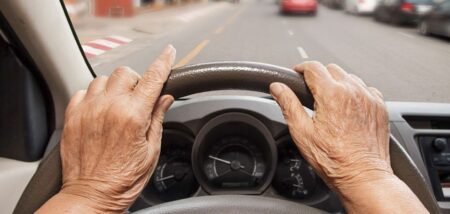LIKE the rest of the developed world, all Australian states and territories require a medical by a GP to determine if people aged 75 and over are still fit to drive a car. NSW also requires a road test for drivers over 85 every two years.
Problems with eyesight are relatively easy to spot. Disqualifying somebody from driving a car because of such problems are also likely to be accepted more easily.
It’s a different story where somebody presents with loss of cognitive skills. A form of dementia, in other words. Even in cases where it might be pretty obvious that a driver with dementia should hang up their car keys for good, getting the driver to accept they have to stop driving might be difficult.
Then there are the cases where the dementia is not advanced, and a GP might not be able to judge driving capacity.
To solve this problem, University of Queensland researchers have been awarded a $1.3 million grant to develop video-based driver safety tests for use by GPs. That may seem a lot of money, but if you consider that there are between 386,000 and 488,000 Australians living with dementia, it may be a good investment.
The University of Queensland researchers are developing a video-based hazard perception test that can be used to aid GP assessments of older drivers.
The test aims to test an older person’s ability to predict a traffic incident by spotting a hazard before it’s too late.
The researchers are working with people with dementia to fine-tune the test, which will incorporate real on-road footage that individuals view and respond to.
Apart from making life easier for GPs, what this new video approach may achieve is that the transition from being able to drive to not being able to drive is done in a respectful way.
